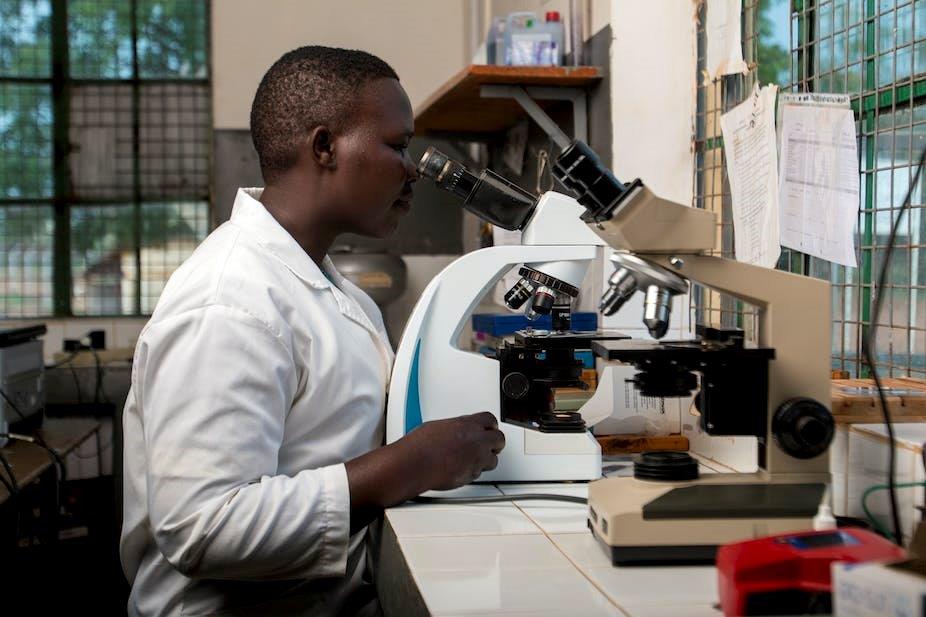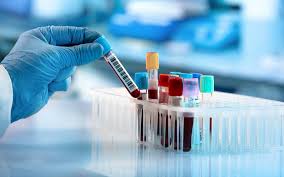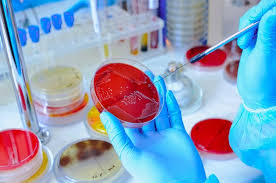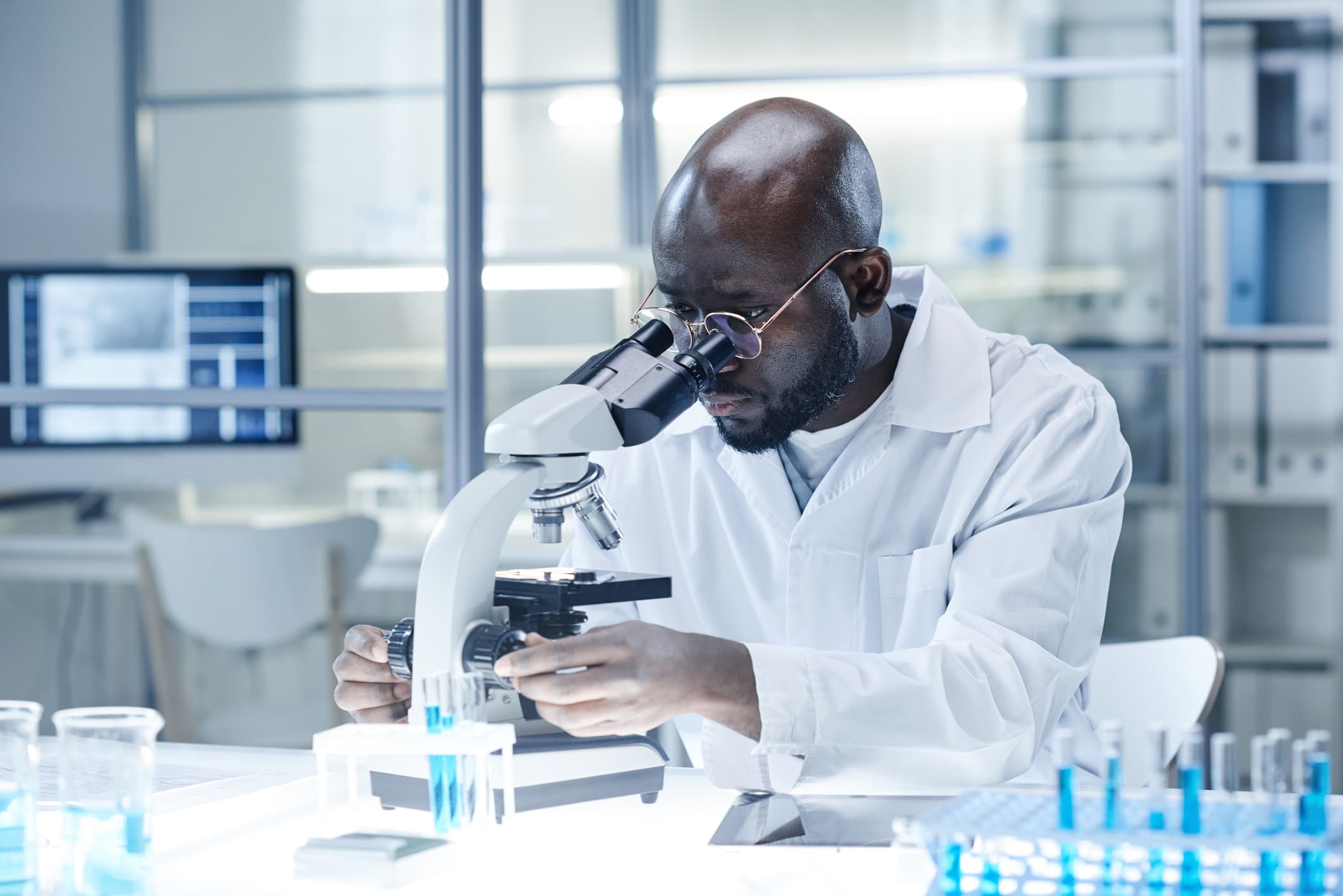



Laboratory check-ups
Laboratory services are a critical component of the healthcare system, providing essential diagnostic tests that help in the detection, diagnosis, and monitoring of diseases. Laboratories analyze samples of blood, urine, tissue, and other bodily fluids to provide accurate and timely information that guides medical decisions. These services are integral to preventive care, disease management, and the evaluation of treatment effectiveness.
Examples:
1. Blood Tests: One of the most common services provided by medical laboratories is blood testing. For example, a complete blood count (CBC) can help detect conditions such as anemia, infections, and blood disorders. Blood tests can also measure glucose levels for diabetes management, or lipid profiles to assess cardiovascular risk.
2. Microbiology Testing: Laboratories conduct tests to identify infections caused by bacteria, viruses, fungi, and parasites. For instance, a throat swab sent to a lab can determine whether a patient has strep throat by identifying the presence of Streptococcus bacteria.
3. Pathology Services: Laboratory services often include pathology, where tissue samples from biopsies are examined under a microscope to diagnose conditions like cancer. For example, after a suspicious lump is surgically removed, it is sent to a laboratory where a pathologist will analyze the tissue to determine if it is benign or malignant.
Illustration:
Imagine a patient visits their doctor with symptoms of fatigue, weight loss, and frequent urination. The doctor orders a series of laboratory tests, including a blood glucose test, a urinalysis, and a hemoglobin A1c test. The samples are sent to a laboratory where they are analyzed for signs of diabetes. The lab results reveal elevated glucose levels, confirming the diagnosis of diabetes. With this information, the doctor can develop a treatment plan that includes medication, lifestyle changes, and regular monitoring, all based on the laboratory findings.
Laboratory services are the backbone of evidence-based medicine, enabling healthcare providers to make informed decisions about patient care. By delivering precise and reliable data, laboratories play a crucial role in disease prevention, early detection, and the management of chronic conditions, ultimately contributing to better patient outcomes.